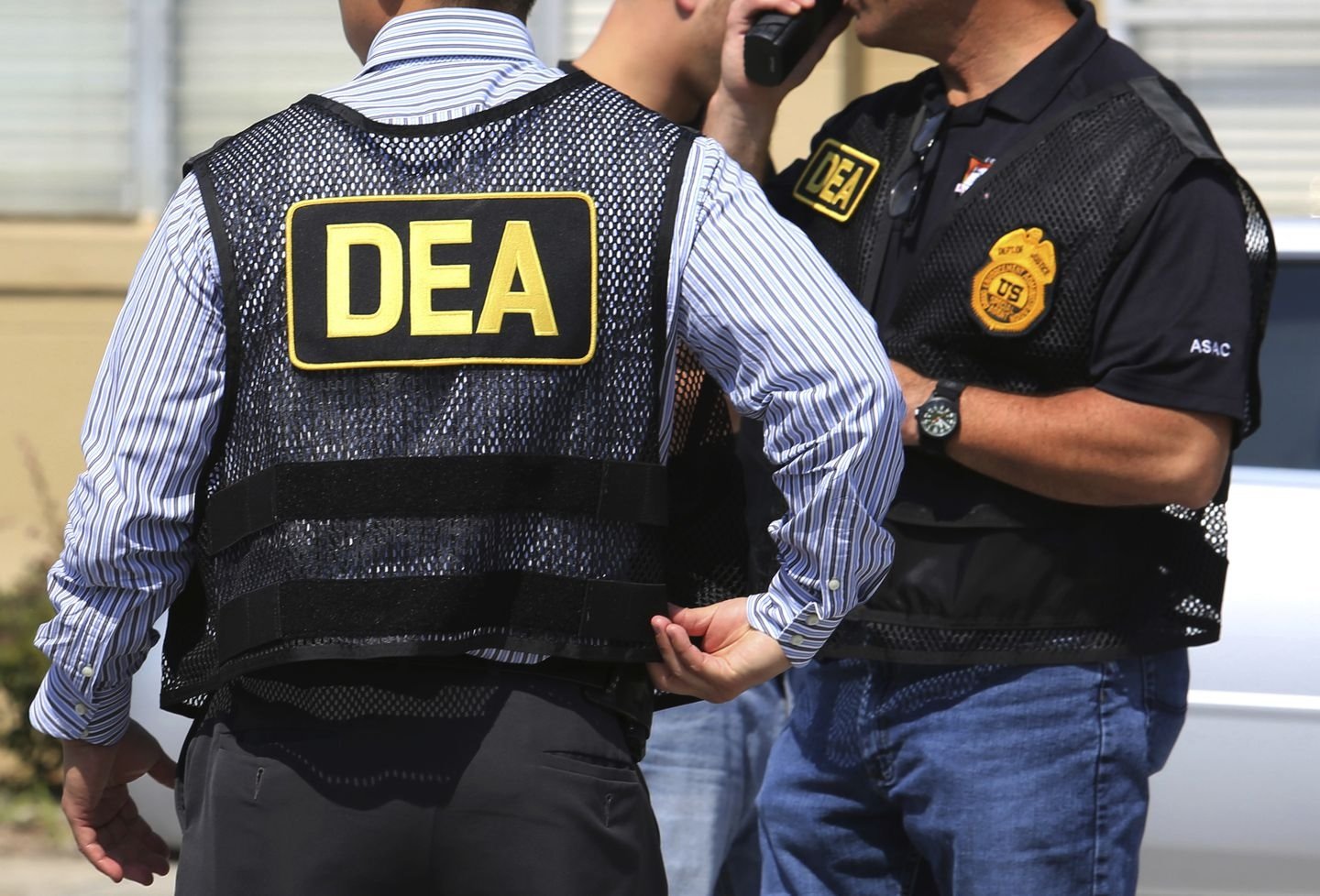Drug Enforcement Agency to Repay Gambler’s Money Seized at Airport
Posted on: November 19, 2020, 08:46h.
Last updated on: November 19, 2020, 10:40h.
The federal Drug Enforcement Administration (DEA) has agreed to return $43,000 in cash snatched from a Florida woman last May as she traveled to a casino reopening in North Carolina.

Stacy Jones was informed by DEA officials that the cash she was carrying was “probably drug money,” although they could provide no evidence of this. In fact, most of it came from the sale of a car.
It is not illegal to fly domestically in the US with large amounts of undeclared cash.
The DEA offered no reason for its decision to return the money. The action came two months after Jones joined a class-action lawsuit challenging the agency’s right to seize money without probable cause.
Getting my money back is a big relief. But DEA never should have taken it in the first place, Jones said in a press release issued by her law firm, the Institute for Justice.
In going through this nightmare, I found out that I’m not the only innocent American who has been treated this way. I hope that my continuing lawsuit will end the government’s practice of treating people flying with cash like criminals,” she continued.
$4 Billion Seized
The DEA was able to take the cash through civil asset forfeiture laws. These allow law enforcement agencies to confiscate money they think is connected to a crime, even if they don’t charge the owner with anything.
Critics say this amounts to highway robbery and constitutes a violation of Fourth and Fifth Amendment rights.
The Fourth Amendment guarantees that Americans are free from unreasonable searches and seizures, while the Fifth states no American shall “be deprived of life, liberty, or property, without due process of law.”
According to a 2017 report by the DOJ Inspector General, the DEA seized more than $4 billion in the previous decade, $3.2 billion of which was never connected to any criminal charges.
Perverse Incentive
Civil asset forfeiture laws were enacted in the 1980s as part of the War on Drugs. But many believe the practice promotes corruption, offering a perverse incentive for a law enforcement agency to seize money because it gets to keep the lion’s share.
Professional poker players, who travel the tournament circuit with large amounts of cash — the tool of their trade — are particularly vulnerable to civil asset forfeiture.
According to the class-action lawsuit filed by the Institute of Justice, it is DEA and Transportation Security Administration (TSA) policy to seize cash from airport travelers if the amount is over $5,000. The lawsuit argues this is unconstitutional.
“We are glad that Stacy will get her money back, but it is shameful that federal agents keep targeting innocent flyers at our nation’s airports,” said Institute for Justice senior attorney Dan Alban. “We are going to keep fighting to end TSA’s and DEA’s unconstitutional and unlawful practices of seizing people and their cash without reasonable suspicion or probable cause.”
Related News Articles
Steve Wynn RICO Lawsuit Scheduled For Federal Court Date
Nevada Sex Worker Claims Innocence After Arrest for Brothel Shooting
Natalee Holloway Suspect ‘Took Care of Things’ After Disappearance
Most Popular
FTC: Casino Resort Fees Must Be Included in Upfront Hotel Rates
Genovese Capo Sentenced for Illegal Gambling on Long Island
NBA Referees Expose Sports Betting Abuse Following Steve Kerr Meltdown
UPDATE: Former Resorts World & MGM Grand Prez Loses Gaming License
Most Commented
-
UPDATE: Whiskey Pete’s Casino Near Las Vegas Closes
— December 20, 2024 — 30 Comments -
Caesars Virginia in Danville Now Accepting Hotel Room Reservations
— November 27, 2024 — 9 Comments -
UPDATE: Former Resorts World & MGM Grand Prez Loses Gaming License
— December 19, 2024 — 8 Comments -
FTC: Casino Resort Fees Must Be Included in Upfront Hotel Rates
— December 17, 2024 — 7 Comments
















Last Comment ( 1 )
Thanks for sharing this type of information.